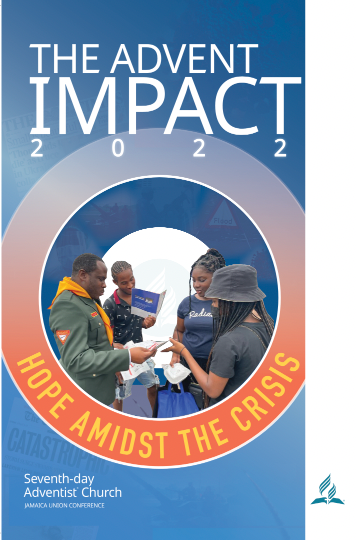Recent video evidence of an active slave market in the north African country of Libya has focused international attention on what has, until now, been a largely unpublicized human rights tragedy, says a Seventh-day Adventist Church spokesperson.
“What this video reveals is the shocking and ruthless exploitation of vulnerable human beings; refugees who are desperately seeking an escape from poverty and violence,” says Nelu Burcea, who is the Adventist Church’s liaison to the United Nation and an associate director of its Public Affairs and Religious Liberty (PARL) department. “Our church joins those who are calling for concerted international action to end this immense human rights disaster in North Africa.”
According to Burcea, the slave trade in Libya represents just one part of a much larger picture of abuse of African refugees. Libya’s geographical position, just across the Mediterranean Sea from Italy, has made it a major transit point for African refugees seeking to enter Europe. The United Nations International Organization for Migration (IOM) estimates that some 450,000 people have attempted the dangerous sea journey from Libya to Europe during the past three years.
However, with increasing European efforts to end human smuggling and to turn back refugee boats, a growing number of refugees find themselves trapped in Libya’s overflowing detention centers and makeshift refugee camps. Reports from these facilities speak of deteriorating conditions, poor organization, and lawlessness. As the situation worsens, various local militia and tribal groups have moved to exploit those who are trapped in Libya, with no means to either continue on to Europe as refugees, or to return to their home country.


